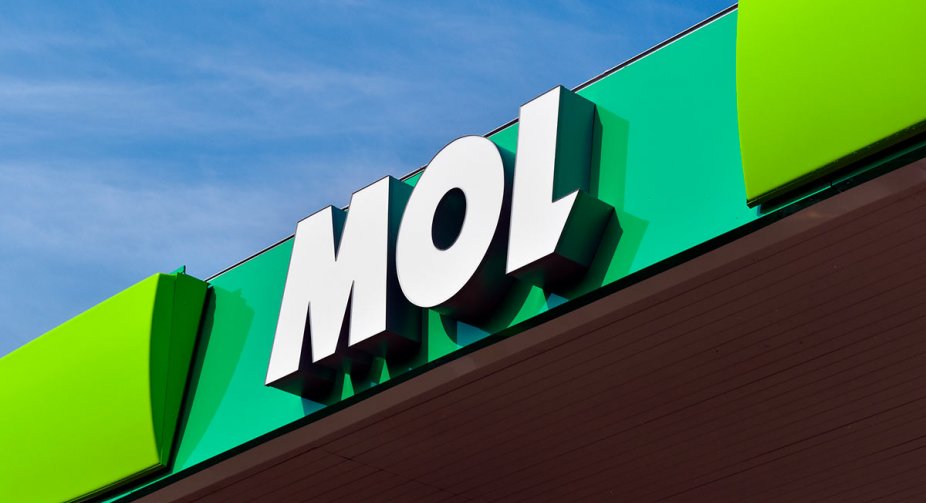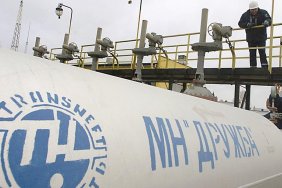The Hungarian company MOL has reported that it has paid for the transit of Russian oil through Ukraine after earlier its pumping was stopped due to the inability to pay in accordance with the EU sanctions.
This was reported by Telex portal.
MOL agreed with the Ukrainian and Russian sides to resume the Druzhba pipeline and transferred the transit fee for the use of the Ukrainian section.
"By committing to the fee, MOL ensured a quick solution to the problem: according to promises from the Ukrainians, within a few days the supply of crude oil, which was stopped several days ago due to technical obstacles from the bank, can resume," the company said Wednesday.
According to MOL, the quick action was justified by the supply situation: crude oil also enters Hungary, Slovakia and the Czech Republic through the southern section of the Barátság pipeline, and although MOL has enough of its own reserves in Hungary for several weeks, the large regional company is also responsible for supply security in neighboring countries."
Earlier, the Russian oil company Transneft said that Ukraine had stopped the transit of Russian oil through the southern part of the Druzhba pipeline due to sanctions that made it impossible to pay for transit services.
Ukraine's Ukrtransnafta (a subsidiary of Naftogaz) could thus have stopped the transit of Russian oil to Hungary, the Czech Republic and Slovakia as of August 4.
The Russian company claims it made the transit payment but returned the money to its account. Payments are handled by Gazprombank, which said the payment was rejected because of the seventh sanctions package.
The Druzhba pipeline starts in Russia on the eastern bank of the Volga River and splits into two branches in Belarus - the northern one leads to Poland and Germany, the southern one through Ukraine to Hungary, Slovakia and the Czech Republic.
Russia normally delivers about 250,000 barrels of oil per day through the southern branch of the Druzhba pipeline.
Germany and Poland had earlier decided to refuse any supplies of Russian oil themselves, so by the end of the year it will be pumped to the EU only through the southern branch of the Druzhba pipeline. It accounts for 10% of the total volume of oil imported by the EU from Russia.



